ISSUE 02: How to live a longer, more fulfilling life
Life hacks from our 100-year old friends in Sardinia
A little over a year ago, a girl I know made the decision to move to a small town in Mexico. I found out (obviously) via IG, where I watch her stories with a mix of curiosity and awe. She shares the same few things every week: the view of palm trees and sunsets from her apartment, walks on the beach with her dog, and weekends at the local karaoke bar. I instantly recognize the slow-paced lifestyle that’s typical of Latin American and European countries - the one where people have rich, full days after they close their laptops. Rat race who?
As I reflected on this, a few things came to mind that I know to be true:
Good weather makes life better. Good is subjective, but my preference skews quite heavily towards sun and palm trees. I live in Boston and take vitamin D supplements like a loser.
America’s obsession with work is unsustainable. In most cases, the issue isn’t the company or the job (unless you’re in consulting). It’s the lack of culture around life after work, which itself is rooted in the absence of third spaces, unwalkable cities, weak community ties and a society rooted in individualism. On TikTok, the #5to9 hashtag has millions of views, with people showing their routines after they log off of work at 5pm. I’ve watched the ones on my fyp, taking notes on people’s routines because I was hoping to get inspired. Then I realized I was looking for inspiration on how to have a life.
Separately this week, my therapist was telling me that the best way to deal with everyday frustrations is to lean into acceptance rather than questioning. Apparently I suck at this - I ask myself “Why is the weather so bad?” every morning during the winter. You’d think I’d have accepted it by now. But acceptance doesn’t work without a plan: What about the situation is in your control? What are you going to do to make it better?
Point no. 1 above has no solution. Unfortunately, I can’t control the weather. But I can try to accept & acknowledge. “How annoying that I haven’t seen the sun in 3 weeks. I'll try to use my sun lamp for an extra 30 min each day” type of acceptance.
Point no. 2 on the other hand, is a great exercise in making my therapist proud. There are things we can do to carve out a lively, fulfilling life outside of work, even if the country we live in makes it unnaturally difficult to do so.
One option is to follow Mexico girl’s footsteps, leave my in-person job and move to a small coastal town. But for those of us who aren’t ready (and maybe never will be) to make such a jump, there are other things we can do to live more well-rounded lifestyles. In my search for ideas (that didn’t involve impulsive shopping or $40K gym memberships), I sought inspiration from Blue Zone research.
For those of you who are unfamiliar with Blue Zones, these are communities across the world where people consistently live longer (with many reaching over 100 years of age) and share similar lifestyle patterns and habits. The discovery of these 5 Blue Zones around the world came as Dan Buettner and his team of demographers and anthropologists set out to “uncover the secrets as longevity.” In Lessons from the World’s Longest Lived, the team shares the 9 shared lifestyle habits/traits of these communities, dubbed the “Power 9.”1
Before we dive into their habits, here are the 5 Blue Zones:
What Dan and his team found in common in people across these communities wasn’t anything extreme - no HIIT workout classes, no Tracy Anderson method, no kombucha. Instead, it boils down to healthy habits and active social lives. I’m also noting that all the Blue Zones are all very scenic - lots of clear blue waters and green foliage - which isn’t surprising: see point #1 above.
Anyway, it’s very simple.
The Power 9:
Moving naturally: The secret to longevity lies not in intense workouts or gym memberships, but in fostering a lifestyle that encourages effortless movement. Think gardening, yard work, walking to and from places. Their environments encourage and enable constant movement. Great news for the few of us who don’t plan on taking up running!!
Having a purpose: Apparently, knowing why we wake up in the morning is worth ~7 years of added life expectancy. This makes a great case for being intentional in finding what drives us.
Routines to manage stress: Everyone, even people in Blue Zones, experience stress (although I’d rather be stressed in Sardinia, tbh). What sets them apart is that mechanisms for stress relief are built into their day-to-day lives: Ikarians take a nap. Sardinians do happy hour. I like to think of these as ways to not lose perspective of what matters.
The 80% Rule: Okinawans have a 2500-year old mantra, Hara hachi bu, that they say before meals as a reminder to stop eating when they’re 80% full. More generally, people in Blue Zones eat the smallest meal in the late afternoon/early evening and call it a day.
Plant-based preferences: People in Blue Zones eat a lot of beans including fava, black beans, soy beans and lentils. For meat-lovers, this can just mean incorporating more beans and greens.
Wine @ 5: AKA happy hour. People in Blue Zones drink regularly and in moderation: often 1-2 glasses a day with friends and/or food. To quote the official research paper: “No, you cannot save up all week and have 14 drinks on Saturday.”
Community and belonging: Faith-based communities, common places of worship, shared belief systems. Apparently, attending faith-based services (e.g. mass) 4x/month will add 4 to 14 years of life.
Family first: Centenarians in Blue Zones prioritize family, keeping parents and grandparents close, committing to life partners (+3 years of life), and regularly spend quality time with their children. For those that have the privilege, living close to family can help you live longer… just depends on how close.
Right tribe (AKA surrounding yourself with the right people): In Okinawa there's an important social dynamic called "moais," which are groups of 5 close-knit friends that commit to each other for life and help shape healthy behaviors. Studies2 have shown that things like smoking, obesity, happiness, and even loneliness can be contagious, meaning that social circles have a strong influence on health behaviors. CHOOSE YOUR FRIENDS WISELY.
Whenever I feel like I’m falling into the trap of letting my entire life revolve around work, I’ll go back to the list above.
Have I called my family? Have I texted my friends (now referred to exclusively as my tribe)? Can I reconnect with a friend for happy hour? Am I taking enough naps? (Yes, yes I am). Hopefully with practice, a lot of these become second nature. In the end, the goal is a more balanced life outside my screen.
See you at (our) 100th birthday, friends.
Xx
Isabel
Buettner D, Skemp S. Blue Zones: Lessons From the World's Longest Lived. Am J Lifestyle Med. 2016 Jul 7;10(5):318-321. doi: 10.1177/1559827616637066. PMID: 30202288; PMCID: PMC6125071.
Christakis, Nicholas A., and James H. Fowler. "The spread of obesity in a large social network over 32 years." New England journal of medicine 357.4 (2007): 370-379.





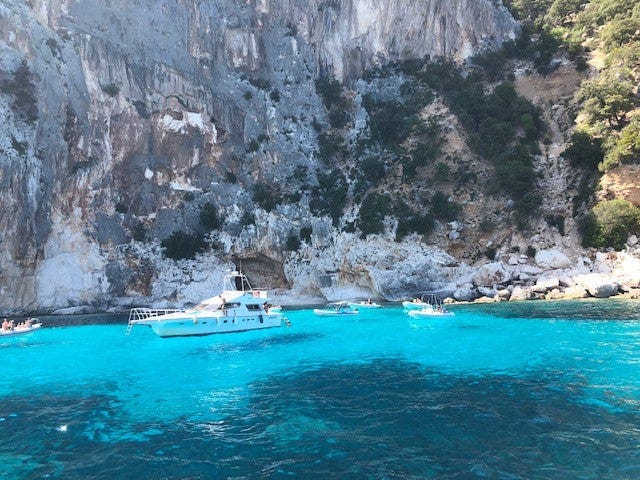
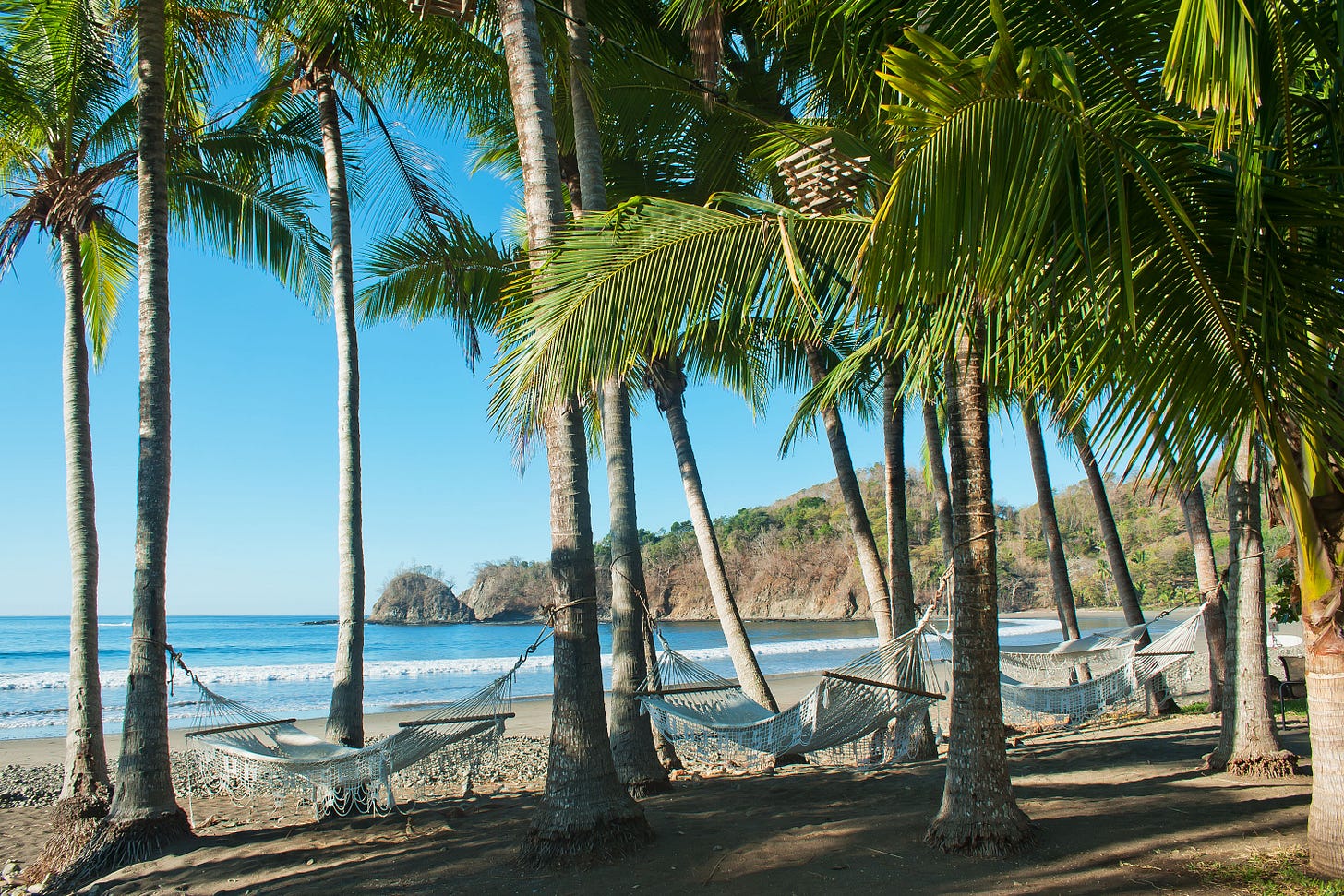
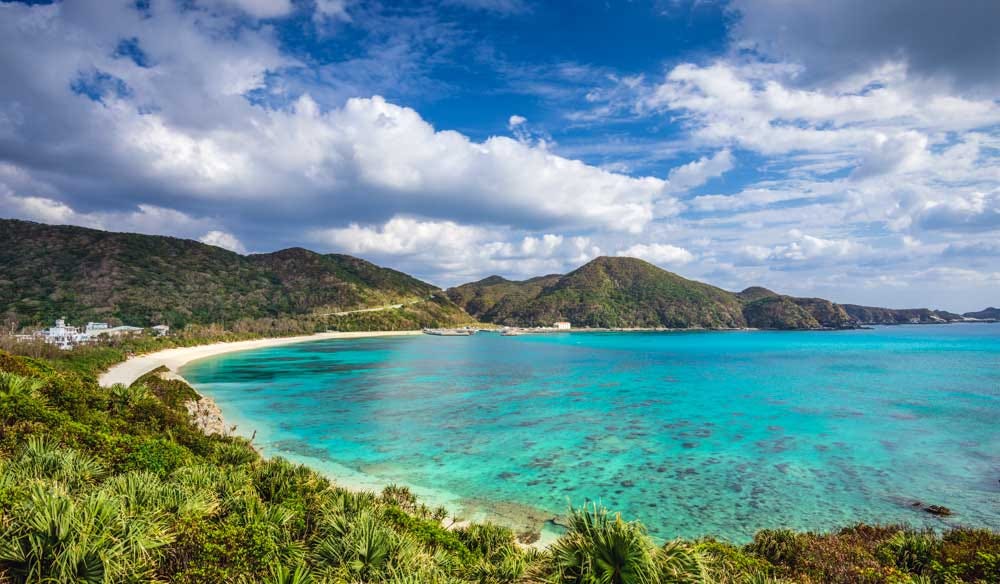
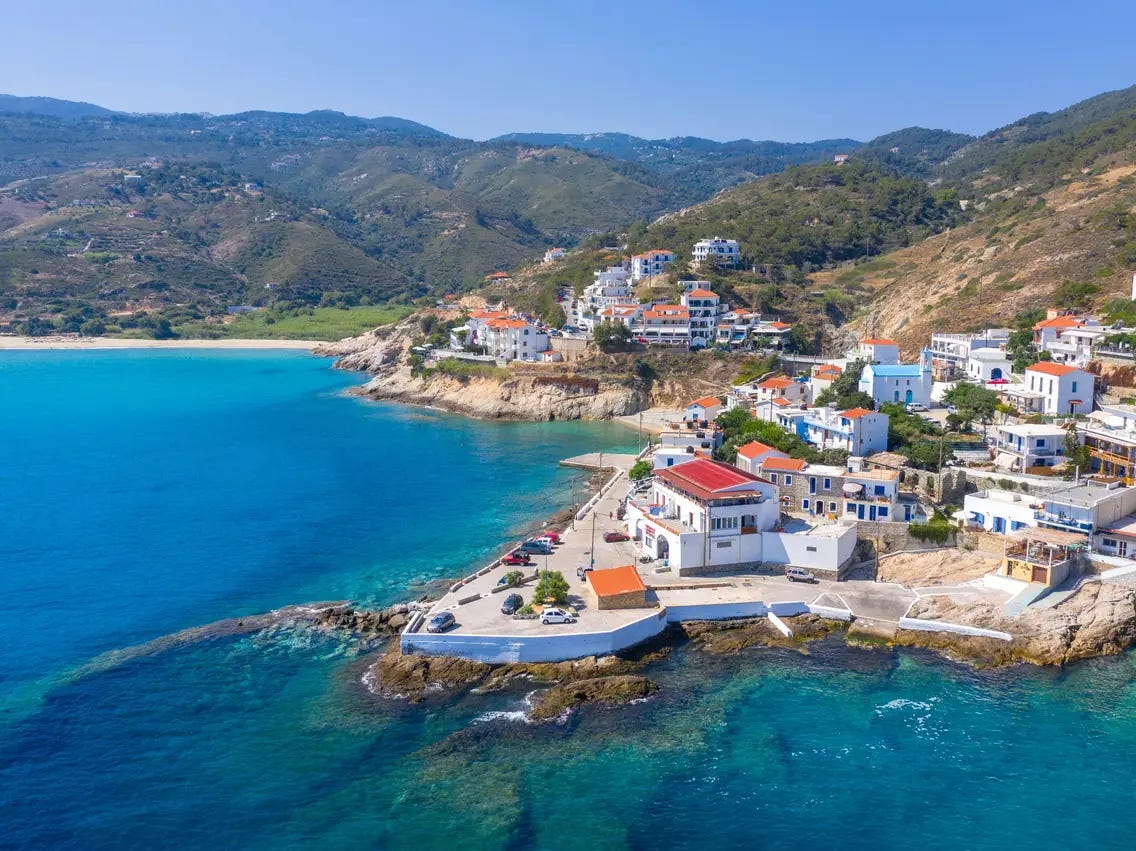
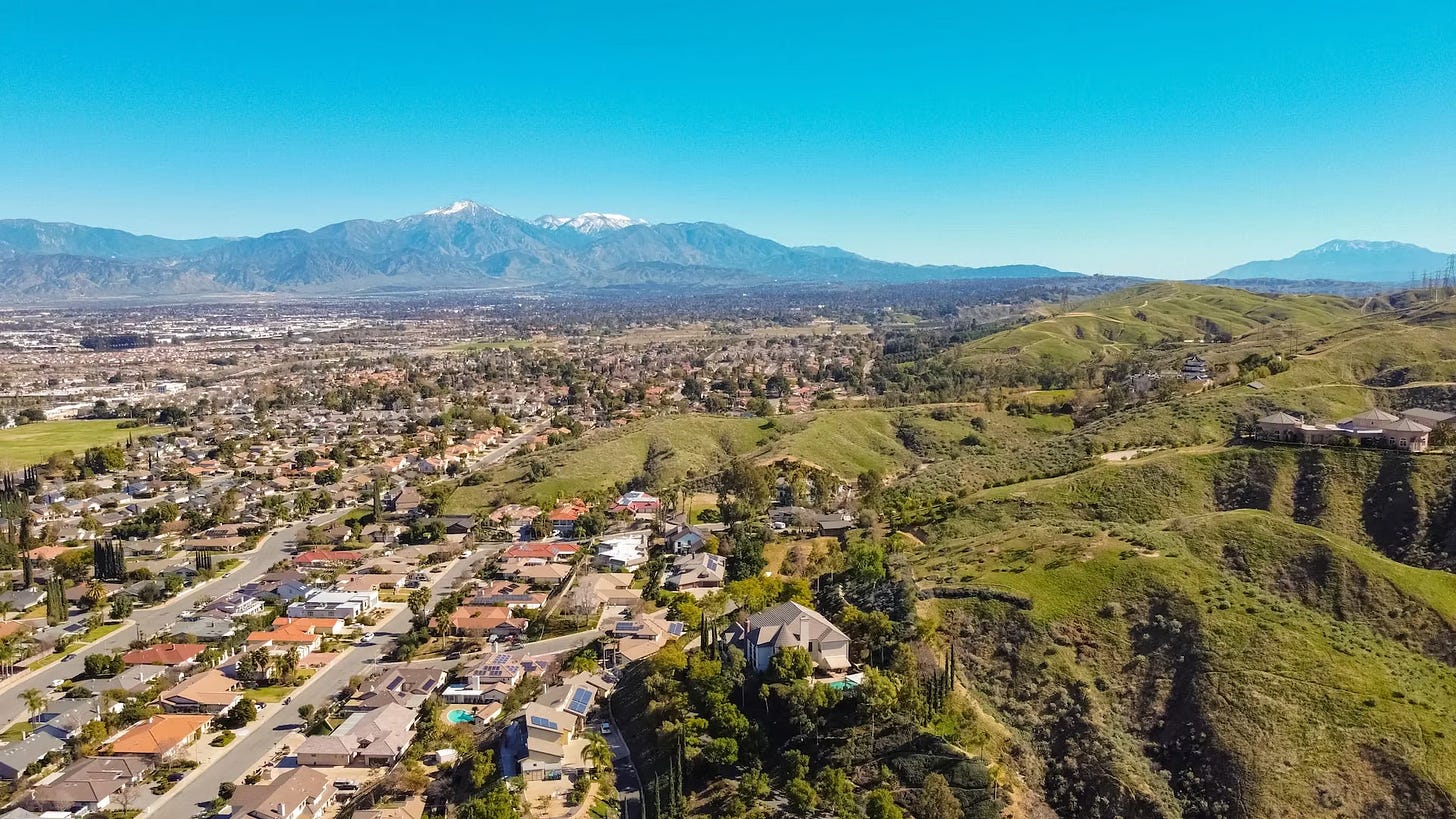
I loved this article!♥️